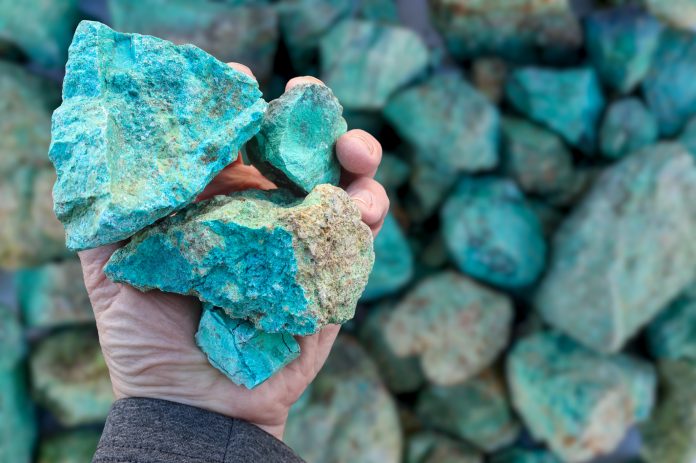The UK and Canada have joined forces in a research collaboration to enhance the mining and supply chain of critical minerals
Critical minerals are materials that are essential for technologies that power smartphones, renewable energy systems, and national defence.
Through a new scientific partnership, researchers from both countries will collaborate to address some of the most pressing challenges in critical mineral extraction, environmental sustainability, and supply chain resilience.
The partnership encompasses five projects that will explore innovative approaches, including mine water cleanup, sustainable mining practices, and advanced geological exploration.
These research partnerships will share a £1 million award from the UK’s International Science Partnerships Fund, managed by the Natural Environment Research Council (NERC). The Canadian side will receive approximately CAD 250,000 in additional funding from the Natural Sciences and Engineering Research Council of Canada (NSERC), bringing the total investment to over CAD 4 million across all projects.
This collaboration builds on a UK-Canada critical minerals agreement signed in March 2023, strengthening shared goals to secure sustainable access to materials crucial for economic growth and the transition to clean energy.
Tackling key challenges
Each project addresses a new aspect of the critical minerals chain:
- Mine water cleanup: A project focuses on cleaning contaminated mine water using a mix of calcium silicate and microalgae. This low-cost and eco-friendly method removes harmful metals, such as cobalt, nickel, and copper, while allowing for their recovery and reuse.
- Rare Earth Exploration: Another project aims to enhance the discovery of rare earth elements (REEs) in Saskatchewan, Canada. These elements are key components in manufacturing permanent magnets for wind turbines and electric vehicles, technologies essential to achieving net-zero emissions.
- Volcanogenic metal deposits: Researchers will study volcanic areas in the UK, Ireland, and parts of Canada to understand how rich metal deposits, such as copper, zinc, and gold, form. This could lead to more efficient and targeted mining.
- Co-extraction of by-product metals: A project based in British Columbia will explore how to extract valuable metals, such as tellurium and platinum group elements, alongside gold and copper. Improving these extraction processes can boost resource efficiency and reduce environmental impact.
- Resilient supply chains: The Critical Minerals for Resilience and Sustainability (MINERS) project aims to map the current supply chains between the UK and Canada, assess their robustness, and identify opportunities for incorporating recycling and reuse into the system.
Why does this matter?
Global demand for critical minerals is expected to quadruple by 2040 due to their role in electronics, clean energy technologies, and defence systems. However, the supply of these minerals is often limited, geopolitically sensitive, and environmentally challenging to maintain.
By investing in sustainable mining methods and implementing circular economy strategies, the UK and Canada aim to secure long-term access to these vital resources while minimising their environmental impact.
The bigger impact
This partnership strengthens scientific and industrial collaboration between the two major economies, supporting innovation, economic growth, and job creation. It also advances national security goals by reducing reliance on vulnerable supply chains and promoting more resilient and environmentally responsible systems.
The projects will drive progress across the entire lifecycle of critical minerals, from exploration and extraction to waste recovery and recycling, ensuring that both nations remain competitive in the global technology race while promoting sustainability.











